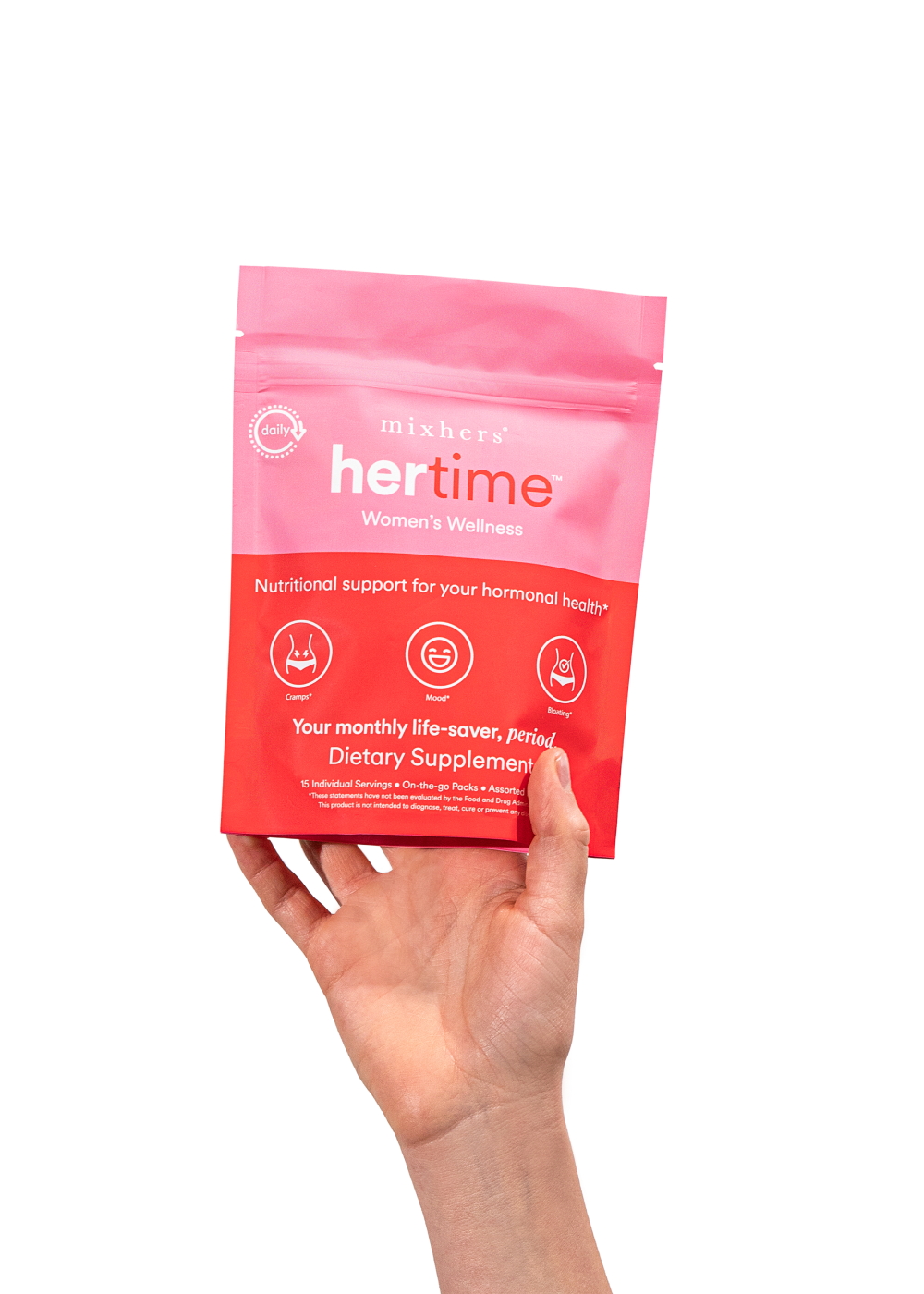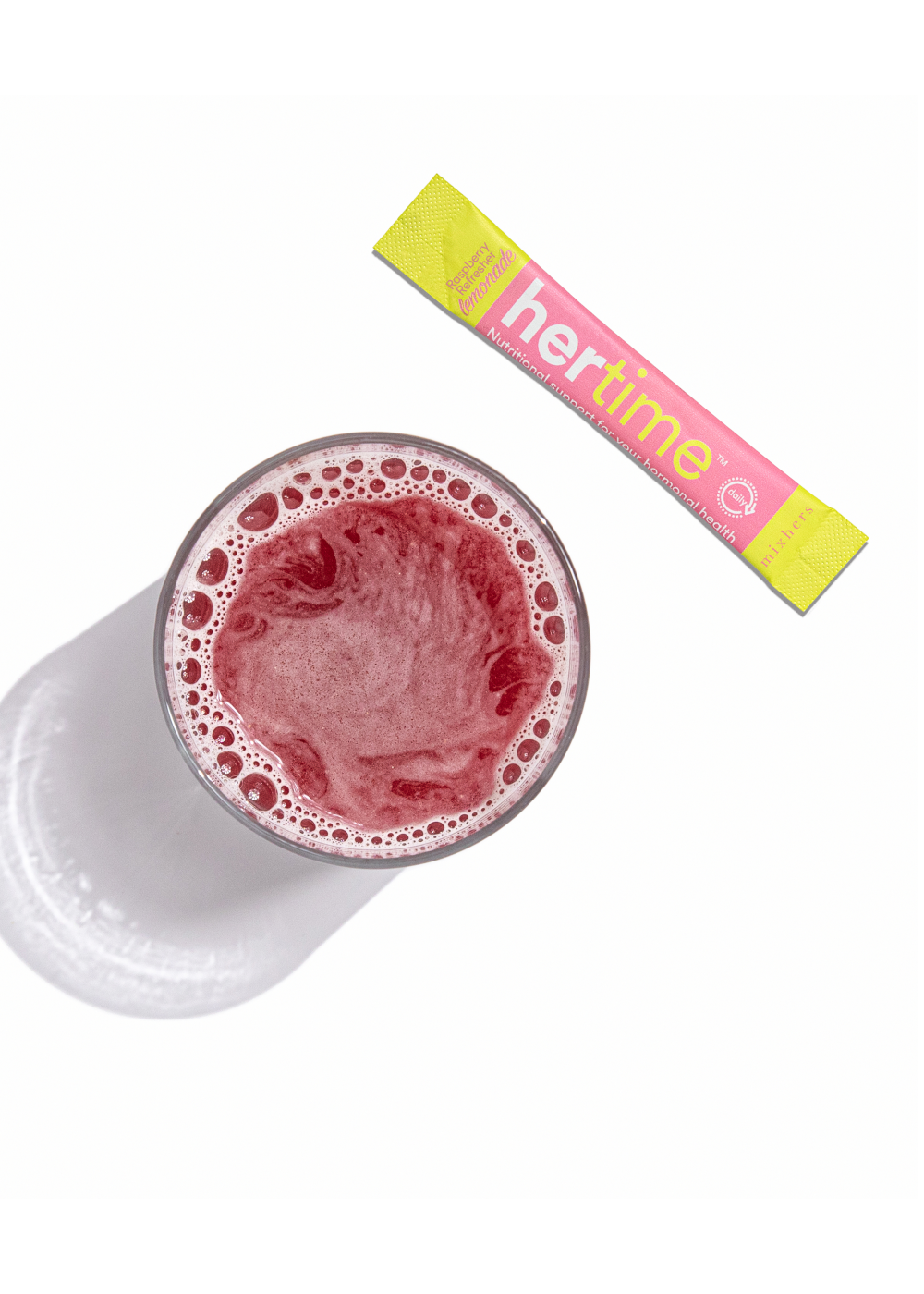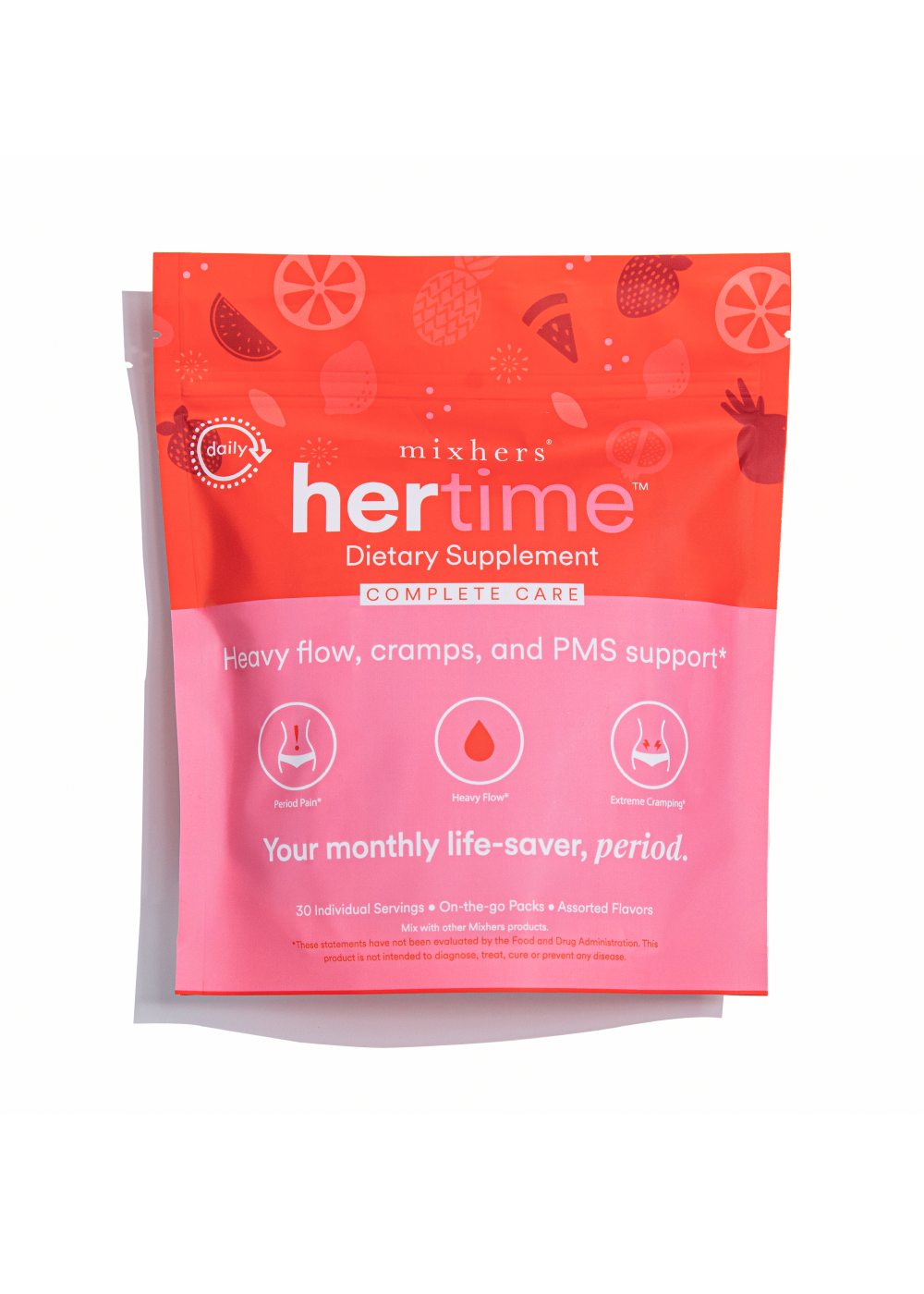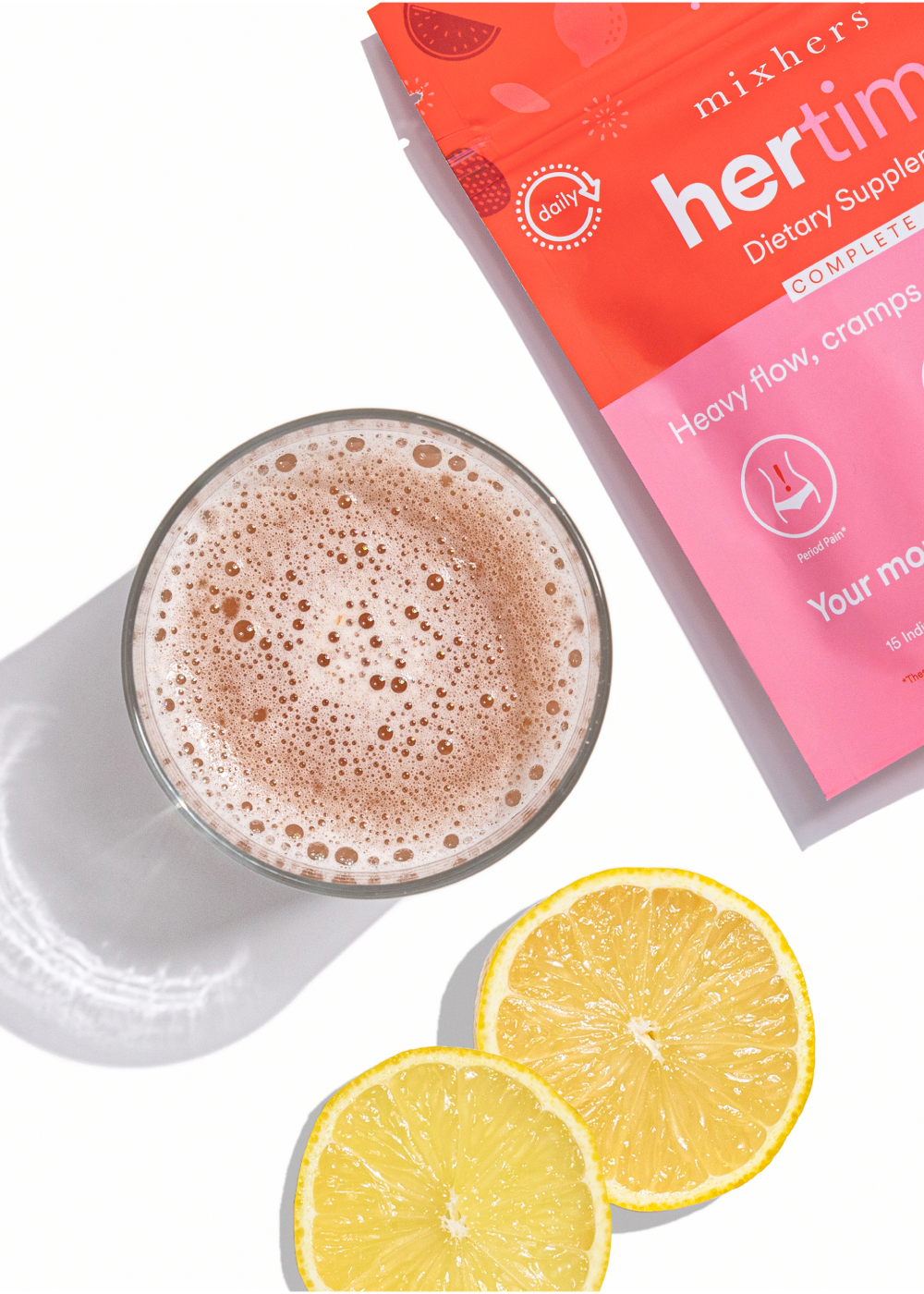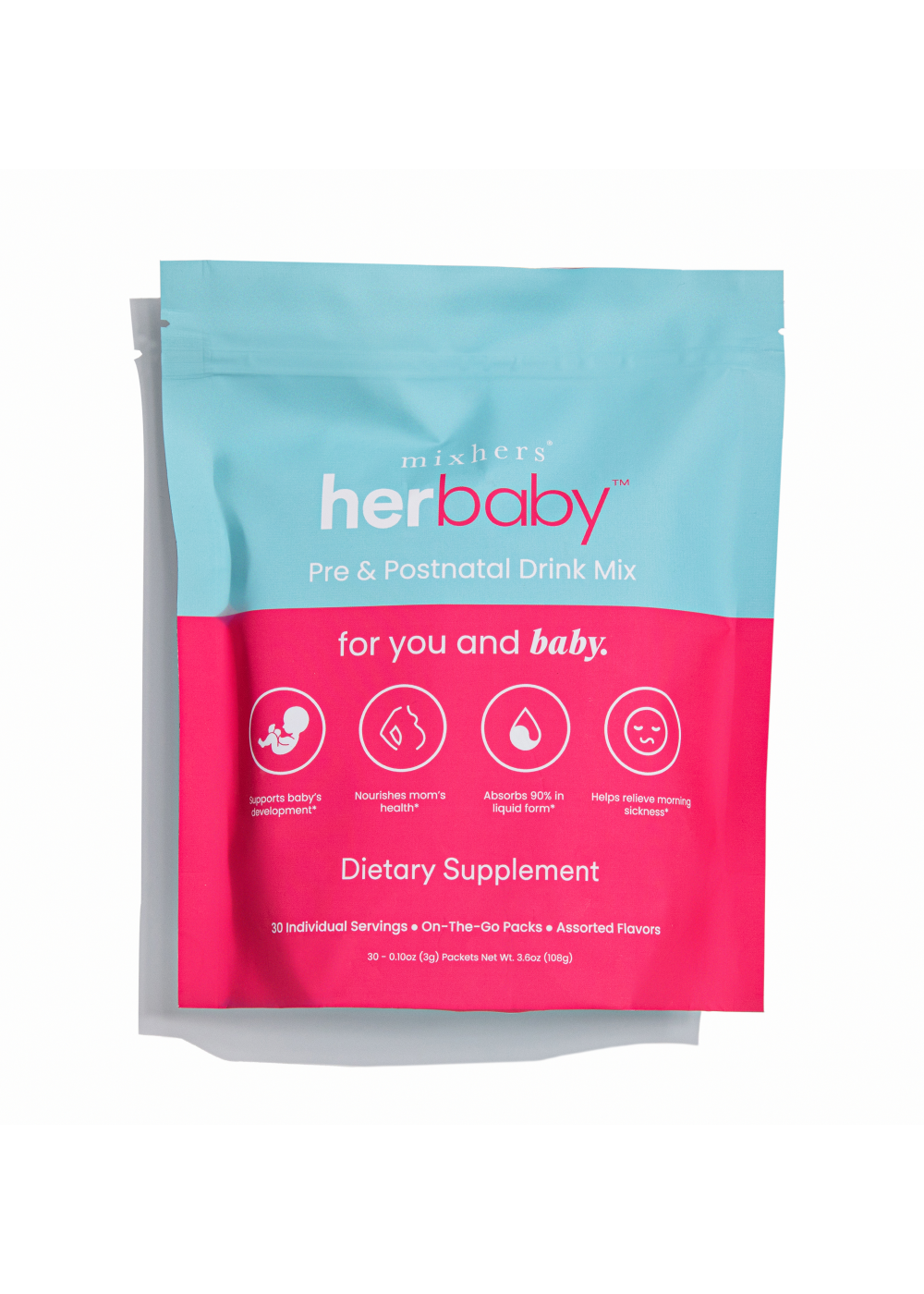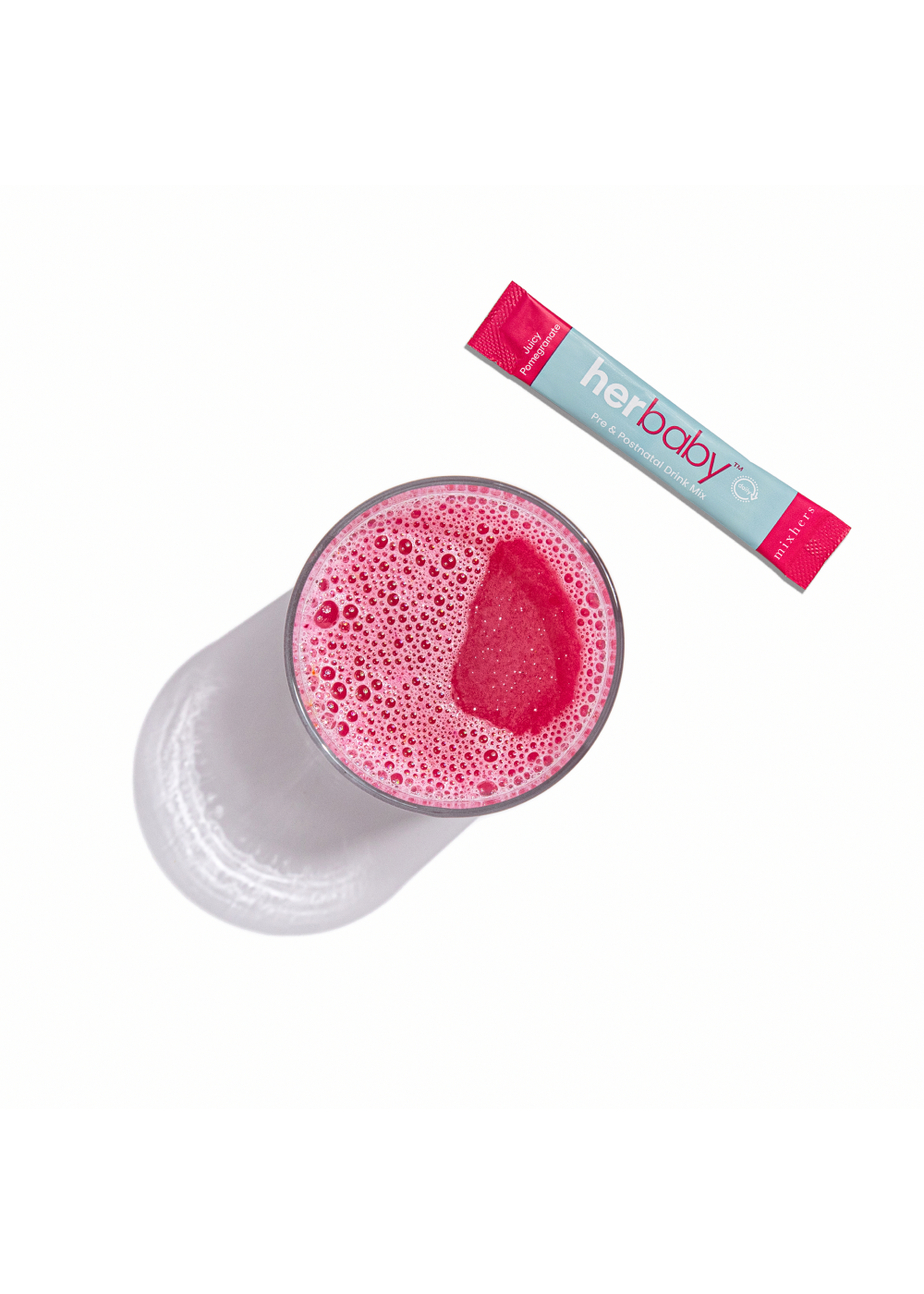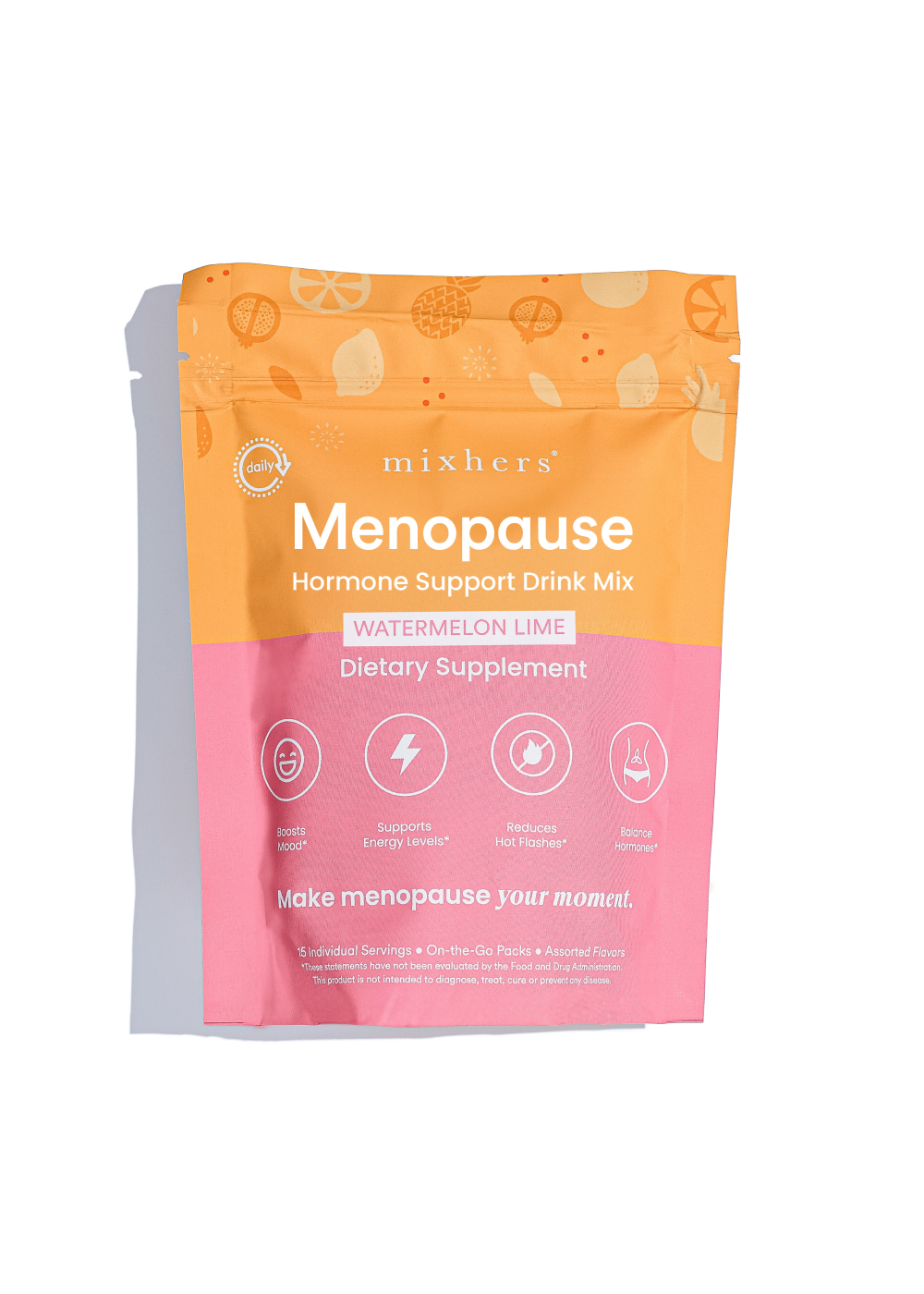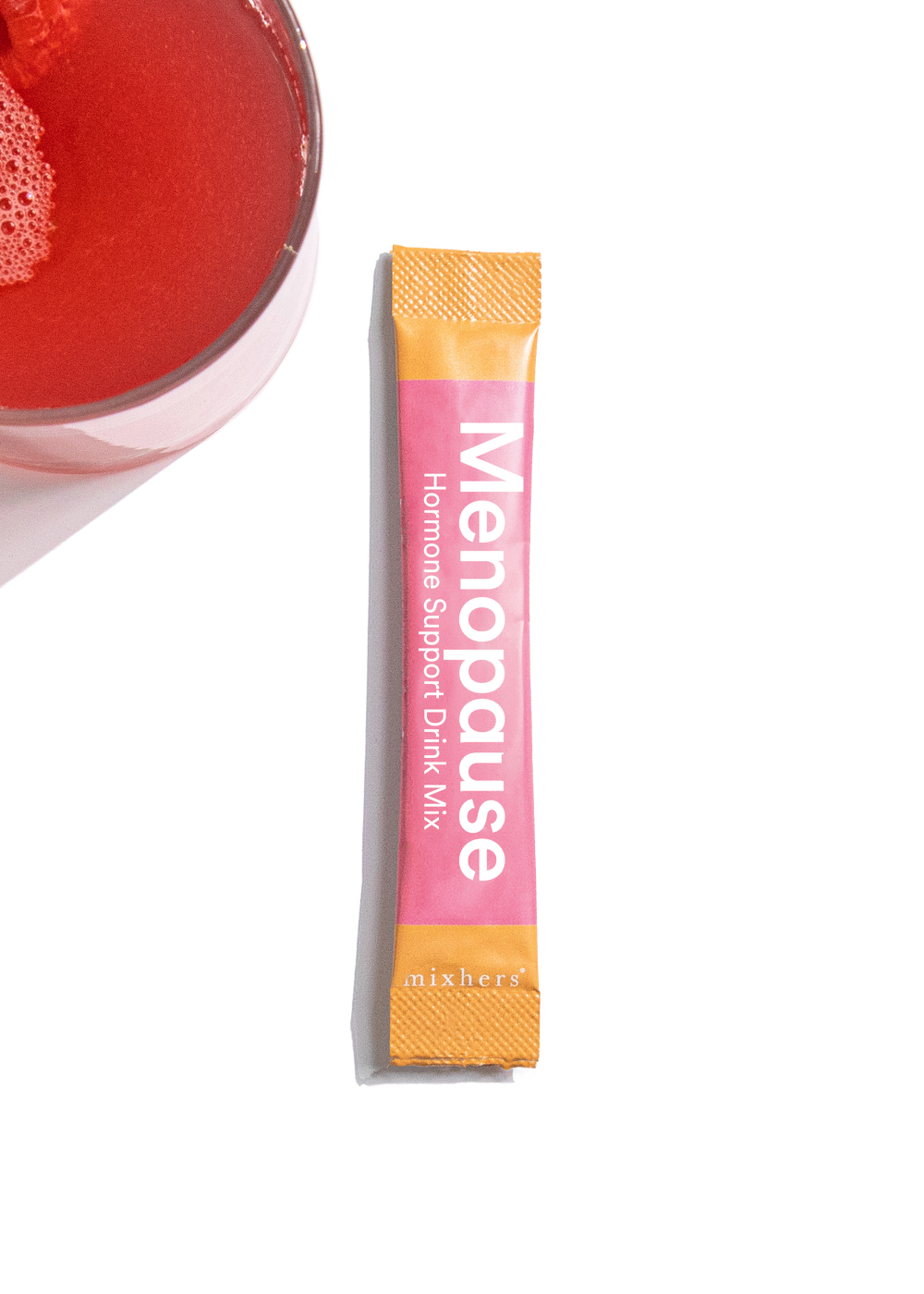Nutrients are chemical substances that can be found within every living thing on the planet. In humans, they are necessary to break down food and provide us with energy. They’re also essential for regulating our body processes, such as thyroid function, metabolism, temperature, blood pressure, and any other body function you can think of. Communities and government entities that are interested in improving public health and maximizing disease control should emphasize sufficient nutrient intake.
The six categories of nutrients our bodies need to survive and thrive are:
- Vitamins
- Minerals
- Carbohydrates
- Proteins
- Fats
- Water
Water is in a category all its own. Though it doesn’t contain calories (which means it doesn’t provide your body with a caloric source of energy), it is essential to sustain life.
When you don’t have enough of any of the essential nutrients your body requires to function properly, you are dealing with a nutrient deficiency. Nutrient deficiencies affect millions of people throughout the world.





